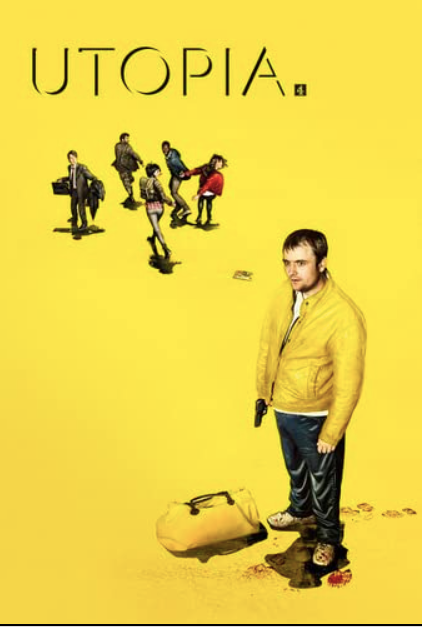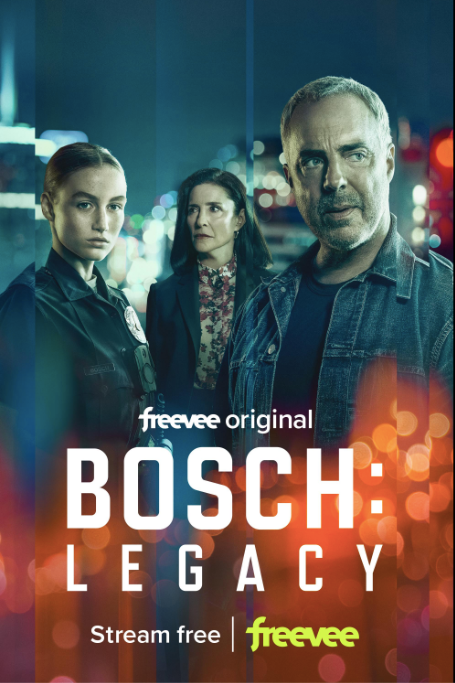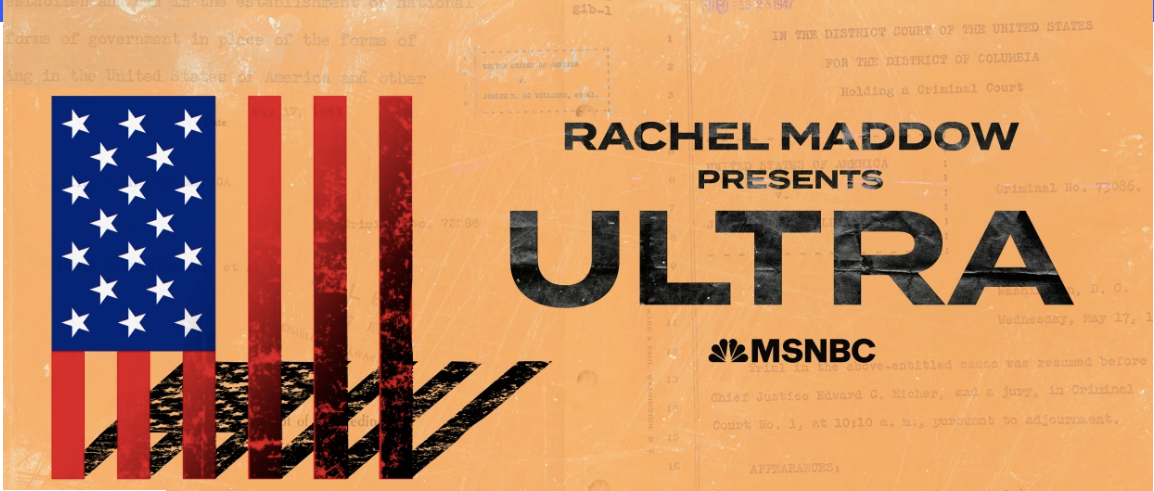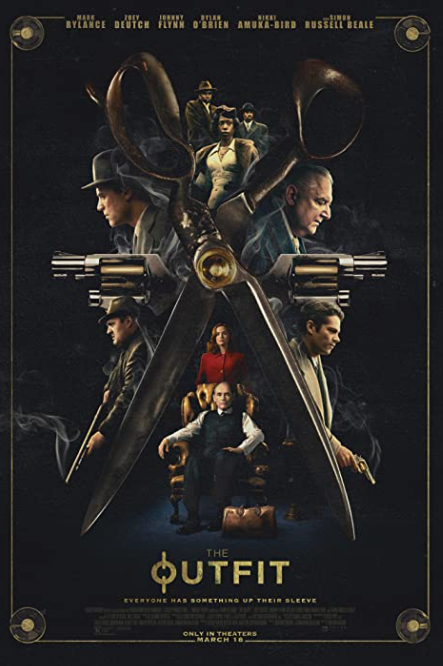
So, I entitled this review of The Peripheral 1.3 "John Snow," even though it had an already very excellent title, "Haptic Drift".
First, John Snow is a great name. In our real history -- which may be the history of The Peripheral story, too (since there's time travel in this story, its history is changeable) -- John Snow was a British doctor who lived mostly in the first half of the 19th century, and helped put anaesthesia on the map of crucial medical treatments as well as get a handle on how to blunt cholera epidemics. Anaesthesia, if you think about it, is deeply related to the transportation of consciousness at the core of The Peripheral. Plus, we already saw the role that deadly illnesses and their treatment plays in this narrative, with Flynne's mother in last week's episodes.
In last night's episode, Flynne cleverly guesses that where "snow falls" could refer to where "Snow falls" as in John. And as an added bonus, we have the acoustic reference to the hero of Game of Thrones that some people hate, the one and only Jon Snow. (I actually first thought that Jon was the Snow being talked about in "Haptic Drift"). What a difference an "h" makes.
And in addition to all that, the action really picks up after John Snow is named. We get Flynne and Cherise in a nice battle, and see Flynne pick up a little snowy figure -- not a snowman. Years ago, I went up to the attic of my house where a new roof was being put in -- after a hurricane had taken part of it off -- and I found a tiny figure of a soldier that someone in the family who originally lived in house must have put there. And it reminded me of what Flynne picked up near the end of this episode. So far so good, no one from the future has come after me, either physically or virtually.
By the way, "haptic drift" refers to people falling in love -- or souls melding, as Flynne is told -- when they spend too much time together in cyberspace, and that may be happening with Flynne and Wilf. Good for them, they both could use it. (By the way, we have "haptic feedback" in our reality -- but, as far as I know, nothing called "haptic drift" has been noted when people fall in love in virtual communities like Second Life, or in any metaverse.)
Otherwise, I'll say again that the Southern old boy stuff is not my favorite part of this excellent series -- mainly, because I've seen one version or another of it too many times before. Also, in general, I'd say murder by bee stings is more creative than being locked into a car in the hot sun. But I'll put up with it, because the rest of the story is so good.
See also The Peripheral 1.1-1.2: Cyberpunk, Time Travel, and Alternate Reality










